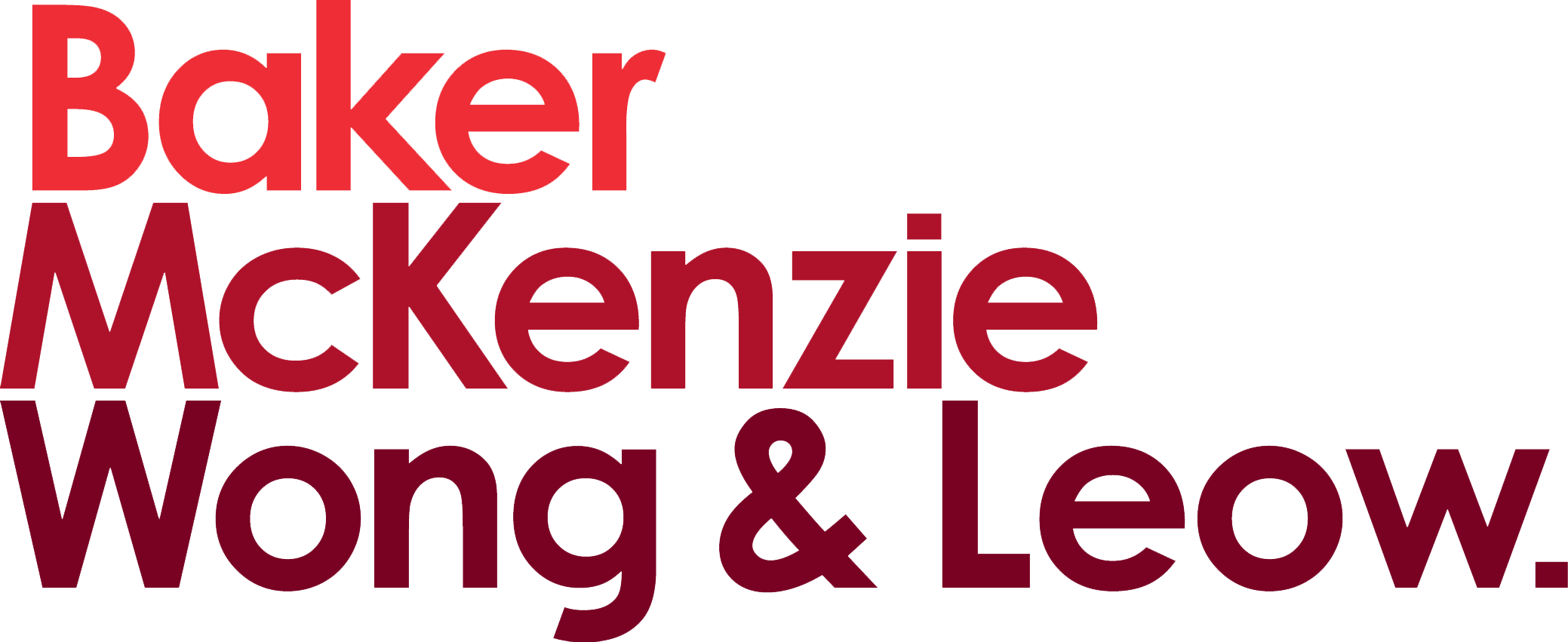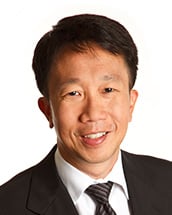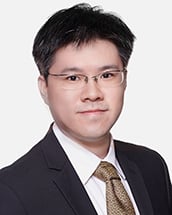In brief
This is an update to our previous post regarding the measures Singapore authorities have introduced to combat SMS-phishing scams. These measures include the anti-SMS spoofing registry.
Key developments with regard to the registry are set out below.
Key takeaways
- The anti-SMS spoofing registry will be shut down from 7 March 2022.
- The Info-communications Media Development Authority (IMDA) will reportedly develop its own system according to its own specifications.
- The reason for the change in the system is the IMDA’s alleged desire for a stronger response to recent SMS phishing scams in Singapore.
In depth
The anti-SMS spoofing registry is to be shut down from 7 March 2022. The IMDA will reportedly develop its own system according to its own specifications and is currently in the process of re-registering banks, government agencies and other organizations on the new registry, which is to be dubbed the Singapore SMS Sender ID Registry (SSIR). The reason for the change in the system is allegedly the IMDA’s desire for a stronger response to recent incidents of SMS phishing in Singapore, as well as more proactive blocking. The IMDA has said that its new system can identify spoofed messages using protected SMS sender IDs and block these messages upfront. According to the IMDA, this more proactive stance to better protect consumers will be a regulatory requirement going forward.
The Singapore Network Information Centre (SGNIC), a subsidiary of IMDA, has been appointed by the IMDA to operate the SSIR. SGNIC is the national registry responsible for the regulation, administration and management of Singapore’s Internet Domain Name System infrastructure.
According to the IMDA, the Monetary Authority of Singapore and the Association of Banks in Singapore are supportive of the new registry, which they believe will provide Singapore with greater control and flexibility in developing regulatory measures that afford better consumer protection.

© 2022 Baker & McKenzie.Wong & Leow. All rights reserved. Baker & McKenzie.Wong & Leow is incorporated with limited liability and is a member firm of Baker & McKenzie International, a global law firm with member law firms around the world. In accordance with the common terminology used in professional service organizations, reference to a “principal” means a person who is a partner, or equivalent, in such a law firm. Similarly, reference to an “office” means an office of any such law firm. This may qualify as “Attorney Advertising” requiring notice in some jurisdictions. Prior results do not guarantee a similar outcome.








